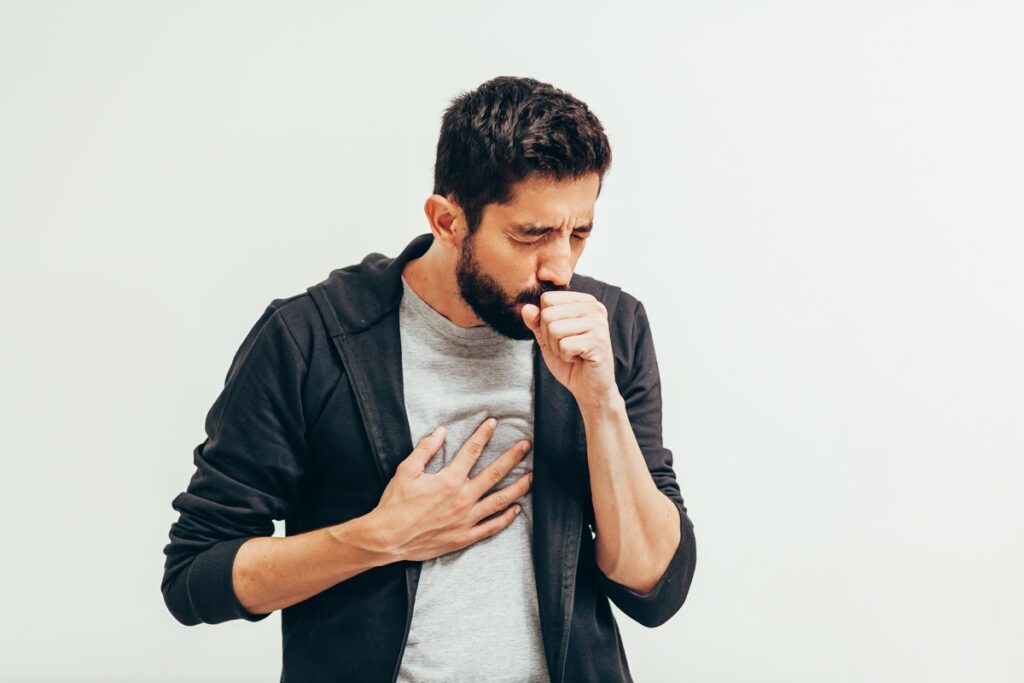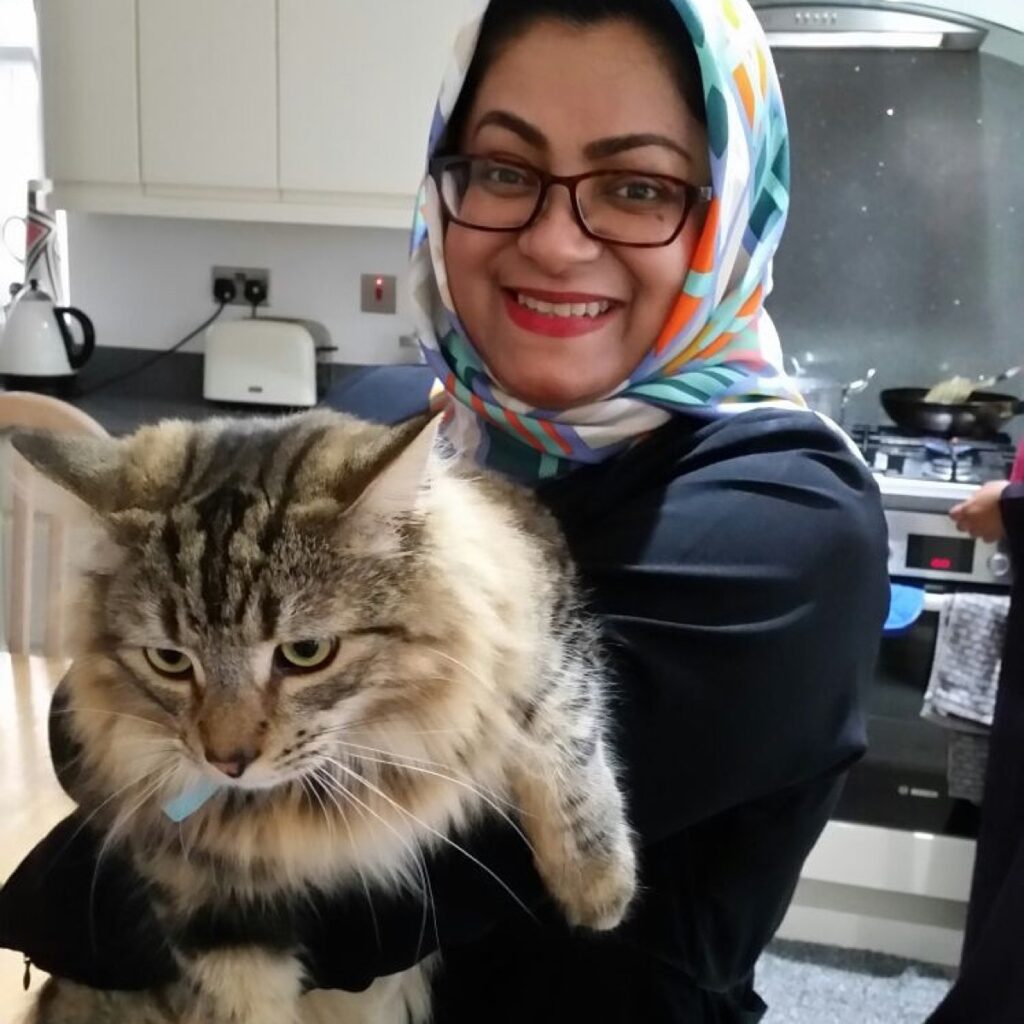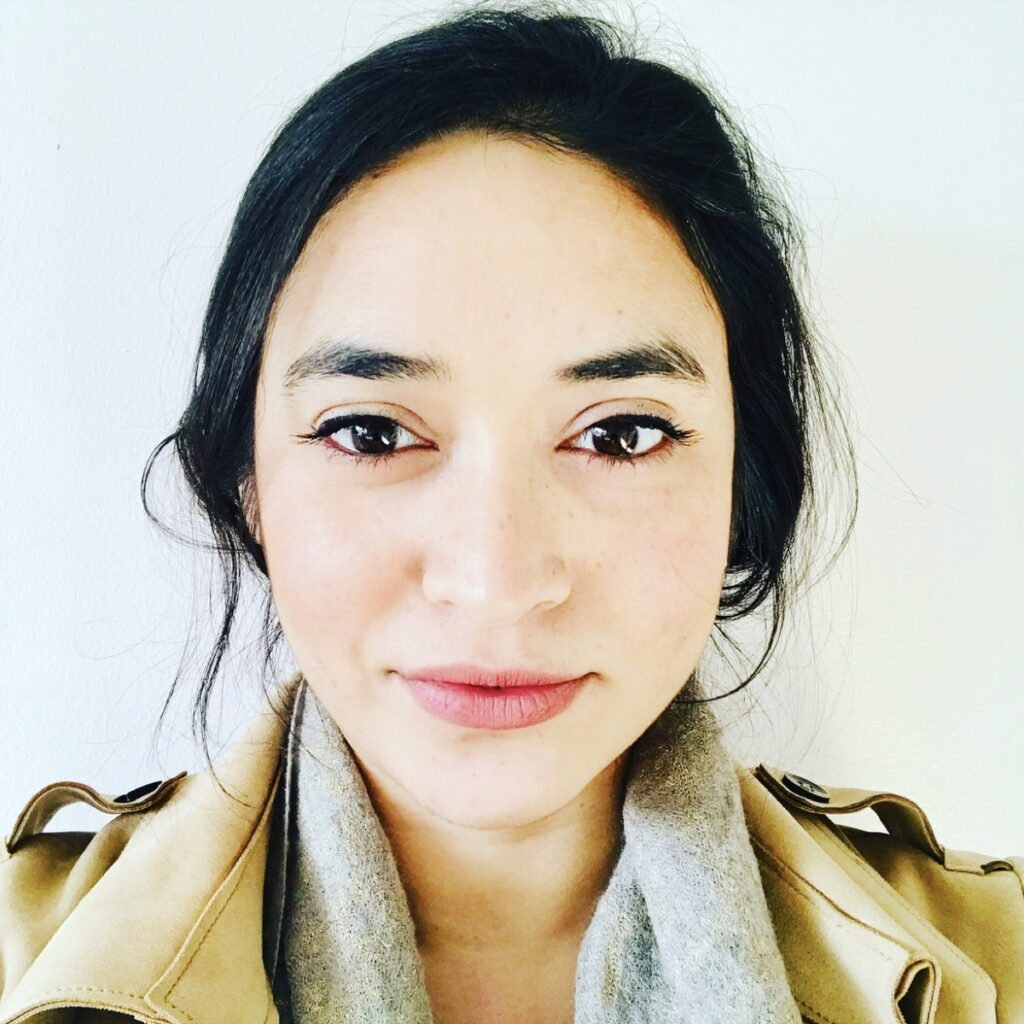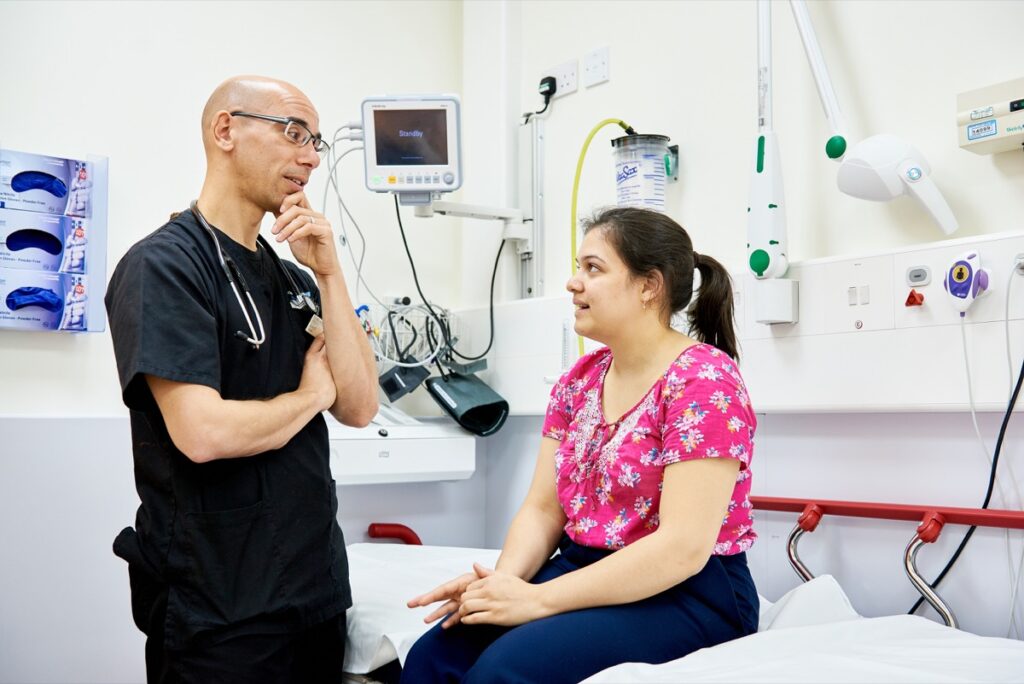Since the pandemic began, we have all been affected by COVID in one way or another – either having caught it ourselves or knowing someone who has had it.

[Sponsored Content]
Most people who catch the virus have mild symptoms which go away within a few days.
But around 2.1 million people living in the UK have reported symptoms that have lasted more than 4 weeks. If you have symptoms that aren’t improving, it may be a sign of long COVID – an illness which has had life changing consequences for some people.
Shiria’s road to recovery

In December 2020, as the NHS began to rollout the COVID-19 vaccine, 51 year-old Shiria Khatun, living in East London, caught the virus. She thinks she may have picked it up from one of her children, but her symptoms were much worse and lasted longer than anyone else in her family.
“I was flat out in bed, not able to get up and not knowing what was happening to me. I was lethargic, didn’t want to do anything, and was getting out of breath easily.
“I already had respiratory conditions so that, along with my fibromyalgia worsened – but I had new symptoms. I had brain fog and if I spoke for long periods of time, my speech would get slurred. Not only did I lose my appetite, but food also lacked any taste.”
Shiria’s symptoms might sound typical of someone experiencing COVID-19, but unlike the majority of people who make a complete recovery after a few weeks, her symptoms persisted.
Shiria adds, “I have a good relationship with my GP practice and they have given me plenty of help and support. If you think you may have long COVID, get some advice. Even if English isn’t your first language, don’t be put off. They may have interpreters or you can ask a neighbour or family member to come along with you.
“As I’m constantly fatigued, normal activities like going out, shopping or spending time with the children are difficult now. Speaking with others about the impact on my family life has really helped and I use social media and WhatsApp groups to interact with people in the same boat as me. Remember your family members are also there to help and support you in managing your symptoms.”
Dr Fauzia Begum is a Clinical Medical Lead in Derbyshire, specialising in long COVID Services. She reassures us: “If you have been feeling unwell for longer than expected, it doesn’t necessarily mean you have long COVID.

“Most cases of COVID-19 resolve by 12 weeks. But if you are significantly struggling with symptoms after 4 weeks or symptoms remain ongoing after 12 weeks since contracting COVID-19, it’s important to make an appointment with your GP practice sooner rather than later. If you find your everyday activities are affected or you’re not living the life you had before contracting COVID-19, it’s important to look into the reasons why.”
Symptoms to look out for
Even if you had mild symptoms when you first had COVID-19, you can still go on to have longer-term problems. Long COVID can affect people of all ages and backgrounds and not just those who were hospitalised or seriously ill. Although symptoms can fluctuate and differ between us, the most common ones include:
– extreme tiredness and fatigue
– shortness of breath
– loss of smell
– muscle aches and pains
Some people have experienced difficulty in sleeping, chest pain or palpitations, dizziness and high temperatures. Others have felt effects on their mental health, like brain fog, loss of concentration, low moods and depression. You may also feel anxious or worried if your symptoms keep coming and going or are more severe than others.
Prevention is better than cure
COVID-19 vaccines help to prevent us getting the virus. Studies from the UK Health Security Agency (UKHSA) have shown people who have had one or more doses of the COVID-19 vaccine are less likely to develop long COVID than those who are unvaccinated.
NHS vaccines have been authorised by the Medicines and Healthcare Regulatory Agency (MHRA). They are safe and effective and there has been extensive testing on thousands of people, including those from South Asian communities.
Although COVID-19 vaccines weren’t available to Shiria when she caught the virus, she and her family went on to have all their vaccine doses when offered.
She said, “We have lost so many people around us, including some of my relatives. People have become complacent as it’s not on the news 24-7 anymore, but it’s still very much around. It’s important to get vaccinated, particularly if you have underlying health conditions.”
“As well as having jabs, people shouldn’t forget to take precautions and take as much care as they can. I still wear my mask whenever I go outside or have an appointment in the hospital. We need to protect ourselves especially as it’s the flu season as well.”

Where to get help

Although there isn’t a single test to tell us if we have long COVID, your GP practice can arrange a thorough investigation, including blood tests, chest X-rays and measuring oxygen levels.
Dr Begum says: “Your GP team may undertake tests to find out more about your symptoms and rule out other things that could be causing them. If your symptoms are having a big impact on your life, you may be referred to a specialist post COVID service, or a service that specialises in the specific symptoms you have. These services can help manage your symptoms and help you recover.”
You can access information and advice through the NHS Your COVID Recovery website, which has been used by over 10 million people and is available in 17 languages, including Bengali, Hindi and Urdu. It also gives advice to families and carers to provide support and help you with your recovery.
Over the last 2 years, 90 long COVID clinics have been introduced across the country to offer specialist help to those with complex or more serious symptoms. Teams have supported thousands of people to manage the effects of long COVID and work towards recovery. The comprehensive service looks at the impact on physical and psychological health, along with ways to manage symptoms, which may include physiotherapy or occupational health support.
Dr Begum adds, “If symptoms that may be COVID-19 or long COVID get worse and you need immediate advice, visit 111.nhs.uk or call 111. However, for all serious or life-threatening conditions, you should call 999.”
It’s not too late to have your vaccines

If you or your loved ones haven’t had COVID-19 vaccines, it’s not too late to get protected by having your first, second or booster doses.
Seasonal booster vaccines and flu vaccines are available to everyone aged 50 and over, pregnant women, care home residents, unpaid carers, people with certain health conditions and frontline health and care staff.
Additional groups at risk of getting seriously ill from flu or of passing it on to others, such as young children, primary school aged and some secondary school aged children are also being offered flu vaccines.
COVID-19 vaccines currently offered by the NHS are free from gelatine, eggs and all other animal products. Muslim jurists have said these are permissible and suitable for a halal diet. Some flu vaccines contain egg, so you should ask a healthcare professional if you have any allergies.
You can book your COVID-19 vaccine by scanning the QR code below, or at www.nhs.uk/covid-vaccination. You can book your COVID-19 or flu vaccine by calling 119 for free or online at www.nhs.uk/wintervaccinations
















